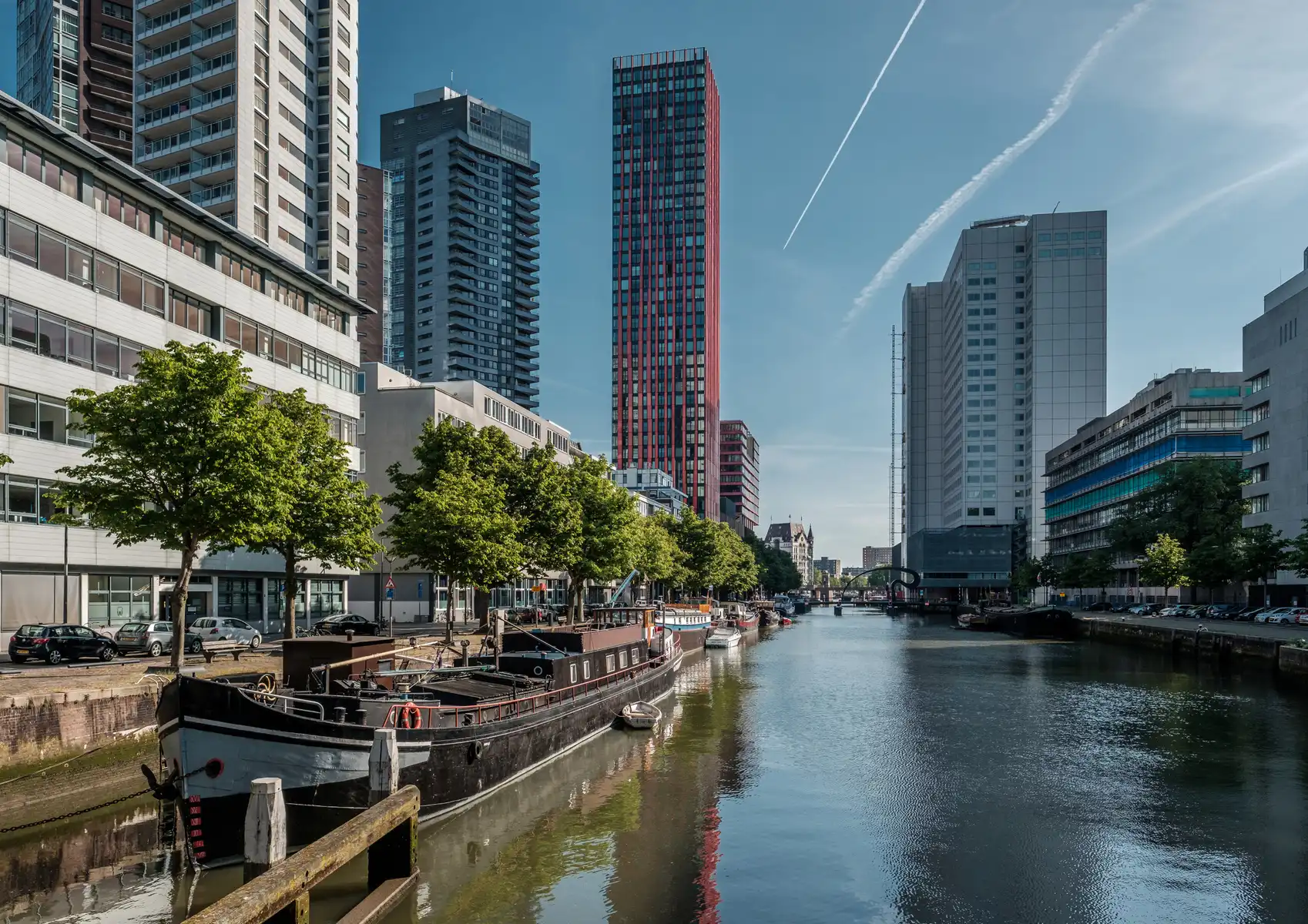On the water and society theme
Six questions to research theme leader Luigia Brandimarte

1. How do you see your research theme contributing to the overall mission of the Water Centre?
Luigia Brandimarte: The Water and Society theme plays a critical role in connecting the technical aspects of water management with societal needs and challenges. Our research focuses on understanding the complex relationships between water resources, social systems, and policy frameworks. By addressing how communities interact with water resources and how societal behaviors influence water sustainability, our theme contributes directly to the Water Centre’s mission of advancing sustainable water solutions that are not only scientifically sound but also socially equitable.
2. What are your priorities for the next 1–3 years in terms of research and funding?
Luigia Brandimarte: For the Water and Society cluster, the focus could be on two large topics: water security and climate change and water governance and policy. Further research is needed to investigate how climate change will impact water systems and how society can respond and adapt to these changes while ensuring equitable access to water resources. About governance, there is a need to explore innovative frameworks that can bridge science and policy to enhance water management at various scales, with an emphasis on inclusivity, equity, and adaptive governance.
3. How can we strengthen interdisciplinary collaboration within the center?
Luigia Brandimarte: To strengthen interdisciplinary collaboration within the center, we need to facilitate cross-theme workshops and research seminars that bring together experts from the different themes and sectors at the Water Centre. This will promote shared learning, identify common challenges, and hopefully lead to joint grant applications between themes and sectors, which are crucial to address complex, multi-faceted issues.
4. What support do you need from the center’s leadership to achieve your goals?
Luigia Brandimarte: The Water Centre could support our research theme by: 1) facilitating connections with policymakers, industry leaders, and national/international water governance bodies. This will ensure that our research is relevant, challenge driven and can be integrated into broader policy frameworks and practical applications. This could be done by involving even more private and public sectors in joining the activities promoted by the Water Centre; 2) providing resources for collaborative research projects that address pressing societal water challenges, particularly those that require long-term engagement with external stakeholders. This could be done for example by organizing cross-sectorial workshops to create a network for future grants applications; 3) continue organizing capacity-building initiatives, seminars and workshops for early-career researchers, ensuring that we foster a new generation of scholars and practitioners.
5. How do you plan to engage with external stakeholders, including policymakers and industry?
Luigia Brandimarte: Engaging with external stakeholders, including policymakers and industry, is a critical part of ensuring that our research on water and society has practical, real-world impact. This is an area were the Water Centre can further develop, by organizing workshops and forums that bring together researchers, policymakers, industry professionals, and community leaders. These events can facilitate knowledge exchange, allow stakeholders to discuss challenges, and help align our research with the needs and priorities of different sectors. To strengthen the collaboration with the industry, the Water and Society theme has established some industrial PhD collaborations, where researchers or professionals at national agencies or companies have started a PhD programme jointly supervised by staff at the Water Centre and staff at their own employee. Another form of collaboration with the industry is application to funding made available by national or private entities that have a research agenda in line with that of our research theme. We engage with stakeholders through academic publications and project reports, ensuring that the research findings are accessible and directly relevant to ongoing policy debates.
6. How do you envision the impact of your research theme on water sustainability and policy?
Luigia Brandimarte: The research theme on Water and Society has the potential to significantly impact water sustainability and policy by providing crucial insights that bridge the gap between natural water systems and societal needs. Understanding the vital role of ecosystems in water supply, purification, and climate resilience can help shape policies that prioritize the protection and restoration of ecosystems like wetlands, rivers, and aquifers. This can inform the design of nature-based solutions in water management, which are both effective and sustainable, particularly in the face of climate change. Our research will also provide a better understanding of how extreme hydrological events, such as floods and droughts, impact societies and how adaptive strategies—both structural and non-structural—can be designed to reduce long-term risks. By integrating socio-economic factors and community-based responses, we can inform policies that focus on enhancing resilience to extreme events, preventing maladaptation, and ensuring more robust, equitable responses.
Finally, as urbanization and climate change put pressure on existing water infrastructures, our research will contribute to rethinking water systems in cities and surrounding regions. This includes updating infrastructure planning and management to address emerging challenges. Policies developed from this research will emphasize sustainable urban water systems, encourage the use of innovative technologies, and promote infrastructure renewal and adaptation to cope with shifting hydrological patterns.
